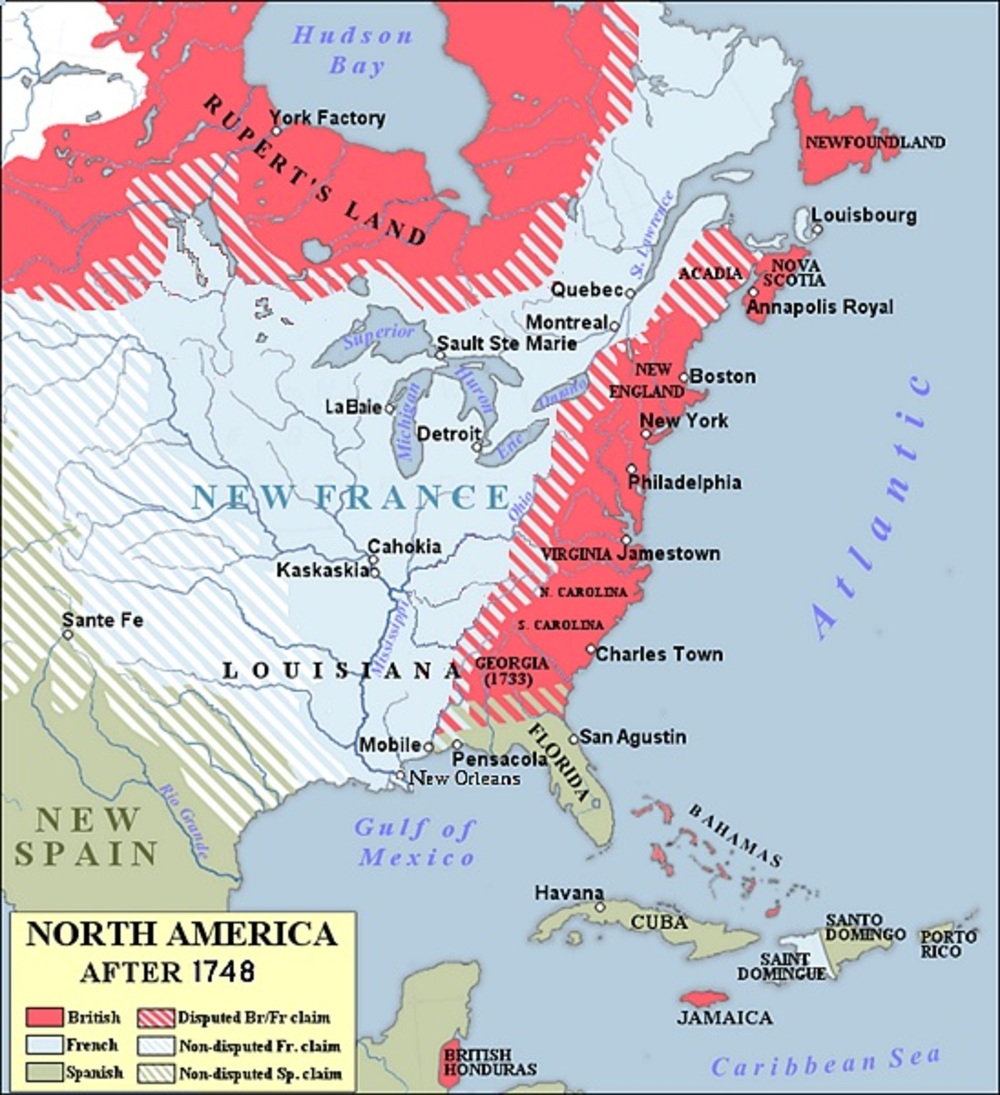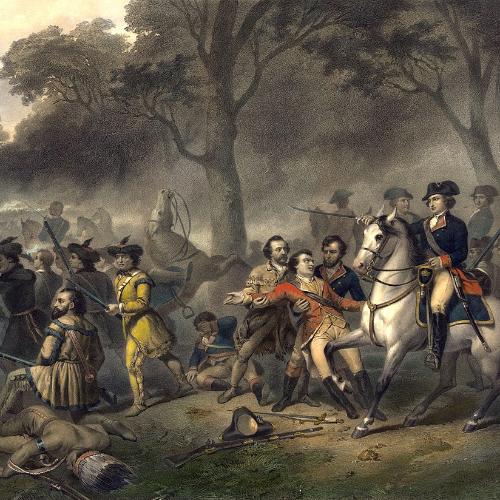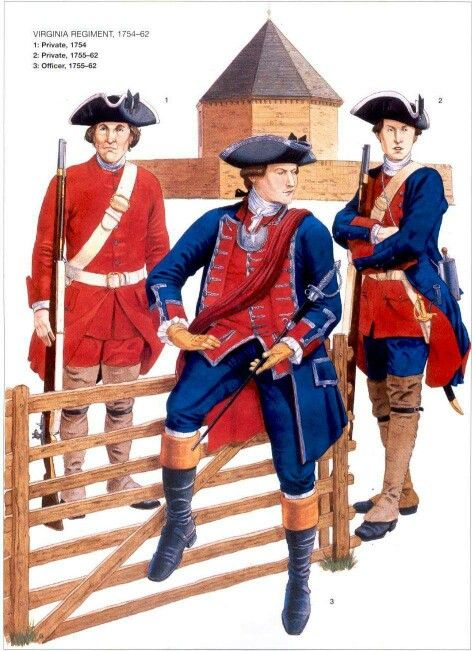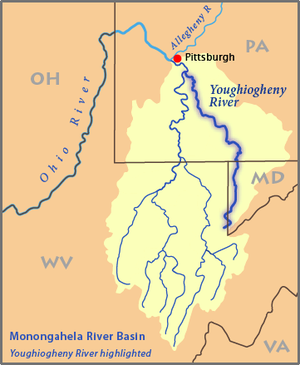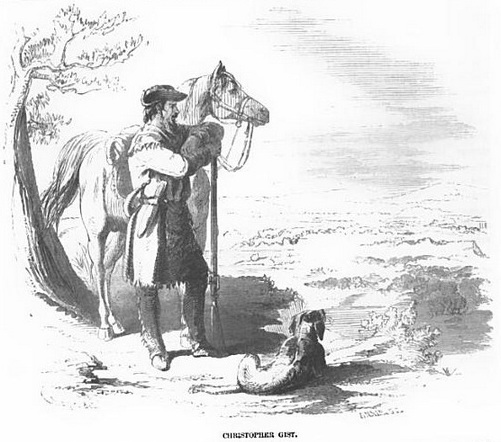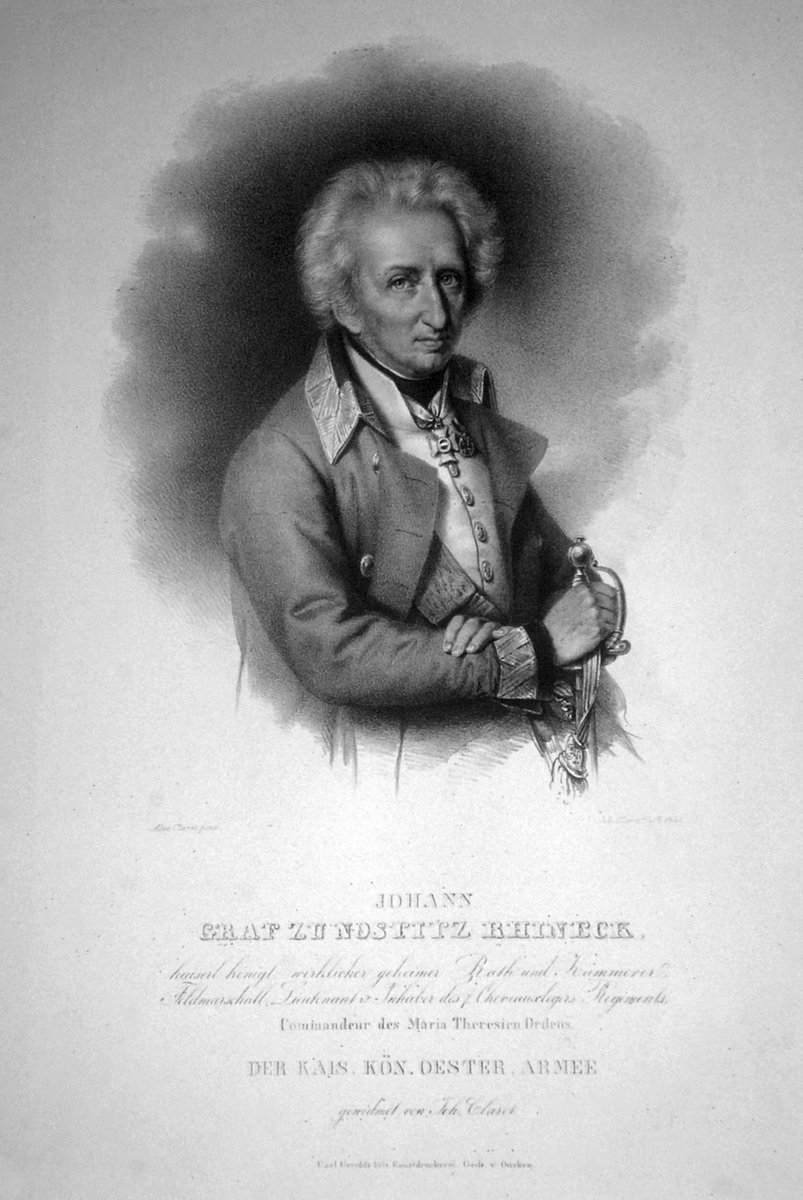#OTD 10 June 1754, Washington received Dinwiddie's letter promoting him to the commander of the 1st Virginia Regiment. In return, he made a grandiose promise to rally the Six Nations against the French, but also complained about the lack of unity among the officers.
(1/18)
(1/18)

As Innes succeeded Fry as the new commander-in-chief, Washington and other officers were promoted along with him. Seizing this opportunity, Washington recommended William Peyrouney, who had served as Ensign in the regiment for twelve years, as the new adjutant,
(2/18)
(2/18)
for he was "the most necesy belonging to a Regiment; distributing the daily order’s, receiving all reports, seeing order’s executed..." Most importantly, he was the only one who could speak French fluently.
(3/18)
(3/18)
Based on the report from Muse and Montour, who had returned to the Great Meadows yesterday, Washington anticipated an all-out confrontation between the Six Nations and the French in the Ohio River Valley.
(4/18)
(4/18)
According to the two envoys, the Half-King was said to become "very thankful" about the wampums, medals, and speech from Dinwddie. Tanacharisson's request to Washington bolstered the Virginians' conviction about his commitment to the English cause.
(5/18)
(5/18)
Aliquippa, citing her falling health, asked the Half-King to let her son-described by Washington as "really a great Warrior"-replace her post in the Council and give him an English name. For this the Half-King consulted Washington, who happily christened him 'Dinwiddie.'
(6/18)
(6/18)
The Seneca messengers from Logstown also assured the Virginians that Monacatoocha, the envoy of the Half-King, was rallying the "4 Tribes of Indian’s between this and Lake Irrie [Erie]" for their English brethren's cause.
(7/18)
(7/18)

They expected a large Council Fire involving all the chiefs, who would amass a large war party at Red Stone Creek within fifteen day. In the end, they would commence "General attack together and gain a compleat victory at once."
(8/18)
(8/18)
While waiting for the braves of the Six Nations to assemble, Washington desired to capture Philippe-Thomas Chabert de Joncaire (1707-1766), the Canadian cadet raised by the Senecas, who had expelled the English traders from Fort Venango in 1753.
(9/18)
(9/18)

When confronted by a small delegation led by Washington in December 1753, Joncaire invited the cold-stricken men to "the greatest Complaisance" of food and wine, which "gave license to their Tongues to reveal their sentiments more freely."
(10/18)
(10/18)
Citing Robert de La Salle (1643-1687)'s discovery of the Ohio and the Alleghenies in 1669, he gently told Washington that "it was their absolute Design to take Possession of the Ohio," for "the English cou'd raise two Men for their one."
(11/18)

(11/18)


Washington was underestimating the two generations of familial bond between Joncaire and the Senecas. The father Louis-Thomas Chabert de Joncaire (1670-1739), by bravely enduring the torture by his Seneca captors, was adopted as Sononchiez thereafter.
(12/18)
(12/18)
In fact, it was not the French but the Half-King, in part driven by his animosity to the Frenchmen who had enslaved him, who was desperate to drive a wedge within the Senecas. The 22-year-old Virginian officer was his pawn.
(13/18)
(13/18)
But mesmerized by his recent achievement, he was already toasting to Dinwiddie:
"I am particularly obligd in your favour of the Rum out of your own private Store I shall allways remember my duty in drinking of it and then your Honour’s health can never be forgot."
(14/18)
"I am particularly obligd in your favour of the Rum out of your own private Store I shall allways remember my duty in drinking of it and then your Honour’s health can never be forgot."
(14/18)
Moreover, he could not ignore the pressing shortage of flour and ammunitions, which he attributed to the disorganized structure of decision-making within the regiment. Owing to the tardiness of Commissary Carlyle, he had not seen a trader for four days.
(15/18)
(15/18)
Captain McKay, too, brought brought neither the wagons nor the ammunitions requisitioned via Dinwiddie. Washington was especially irked by the latter, who, in command of the Independent Company of South Carolina, consistently disregarded the Virginians.
(16/18)
(16/18)
In manner that strangely echoed Franklin's plea-to Join or Die-, Washington vented out his indignation:
"I hope Captn McKay will have more Sense than to insist upon any unreasonable distinction, tho he and His have Comns from his Majesty;
(17/18)
"I hope Captn McKay will have more Sense than to insist upon any unreasonable distinction, tho he and His have Comns from his Majesty;
(17/18)
let him consider, tho. we are greatly inferiour in respect to profitable advantages, yet we have the same Spirit to serve our Gracious King as they have." Young Washington's vision of intercolonial union was confined to that under the British crown.
(18/18)
(18/18)
Sources:
Washington to Dinwiddie, 10 June 1754
Diary of Washington Vol. 1, LoC
Irving, Life of Washington
Washington to Dinwiddie, 10 June 1754
Diary of Washington Vol. 1, LoC
Irving, Life of Washington
@threadreaderapp unroll
• • •
Missing some Tweet in this thread? You can try to
force a refresh

 Read on Twitter
Read on Twitter




